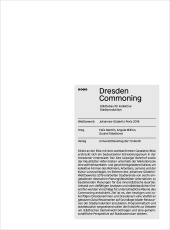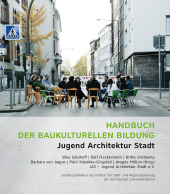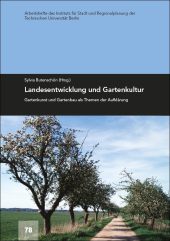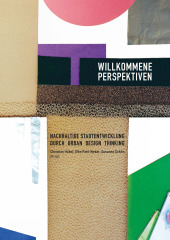Methoden der Raumplanung in der Praxis. Ergebnisse einer bundesweiten Befragung in Raumplanungssituationen
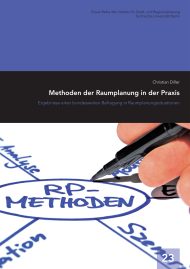
Format: 21,0 x 29,7 cm
Publishing year: 2010
In this report presented is the first German-wide survey on the appliance of spatial planning methods in practice. Over 1600 actors were interrogated, coming on the one hand from public planning institutions (comprehensive planning-institutions on the regional and local level, sectoral planning institutions: landscape-planning, traffic and infrastructure-planning, economic promotion/tourism/regional development), on the other hand from private companies (planning Offices, consultants, private development agencies). The following findings could be accentuated: There are obvious general deficits in the method-competence of the practitioners, but the pattern is differentiated: The rates of knowledge and appliance of most planning methods are under the female intervieweed higher as under the male; they are higher in the comprehensive planning administrations than in the sectoral planning administrations and higher under consultings than under planning offices. The age cohort 36–50 years shows the highest method-competence; regional differences are – except a relatively higher method-competence under the respondents in Berlin – low. Methods for organizing communicative processes between actors like „moderation“ seem to be more attractive for the practitioners than the more traditional and elaborated assessment-methods like the utility-analysis. But a general “communicative turn” in the appliance of planning methods cannot be concluded from the surveys´ findings; for also communicative methods like future workshops are thoroughly critically evaluated by the questioned. There is an obvious mismatch between the spatial planning methods taught in the degree courses for spatial planning and the demands of practice. To reduce this imbalance, mainly the following planning methods should be more pronounced in education: Planning-and project-management, moderation, evaluation/controlling, verbal-argumentative assessment, SWOT-analysis, creativity-methods. Although the demands from planning practice should not be uncritically transferred into education, these findings should deliver impulses for the research-based further development of spatial planning methods; a more systematical combination of different method-types thereby is one of the most important starting points.
